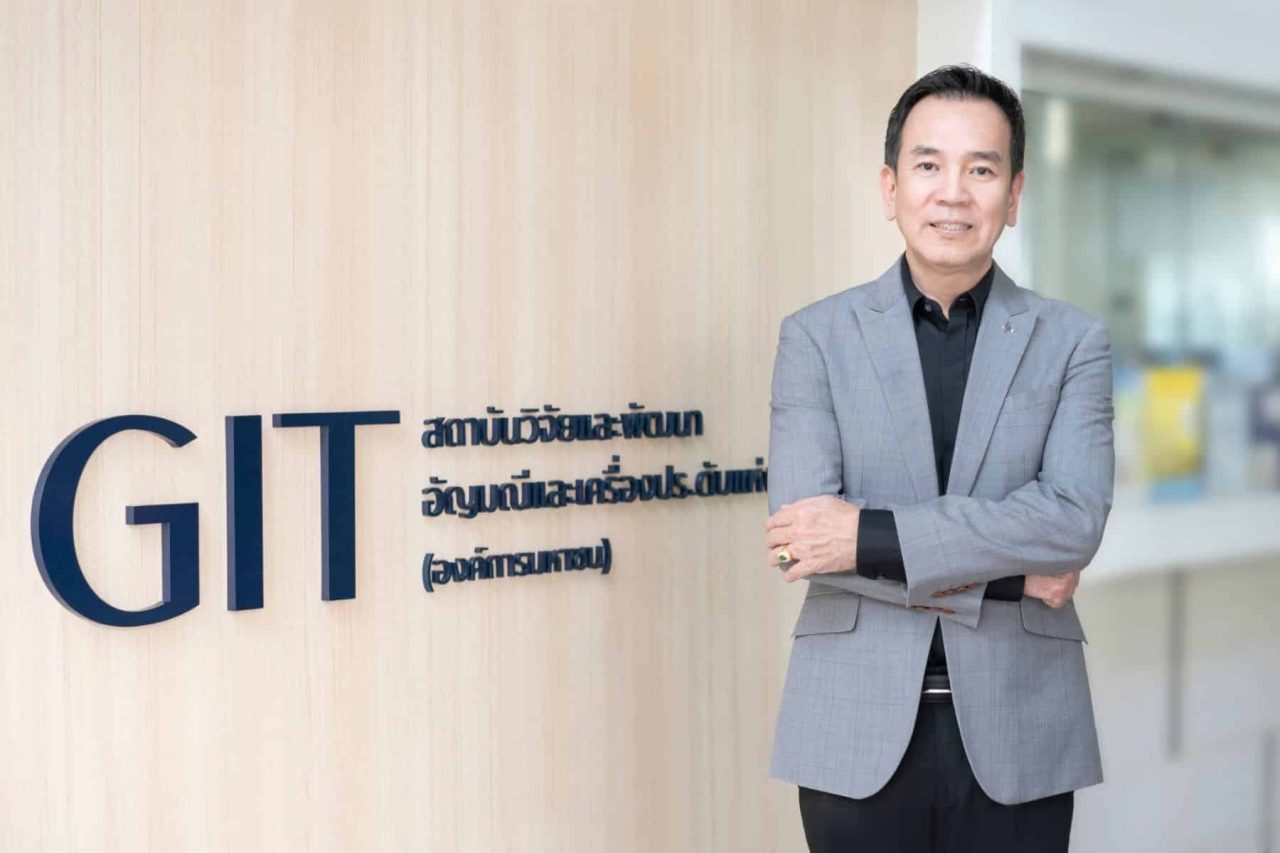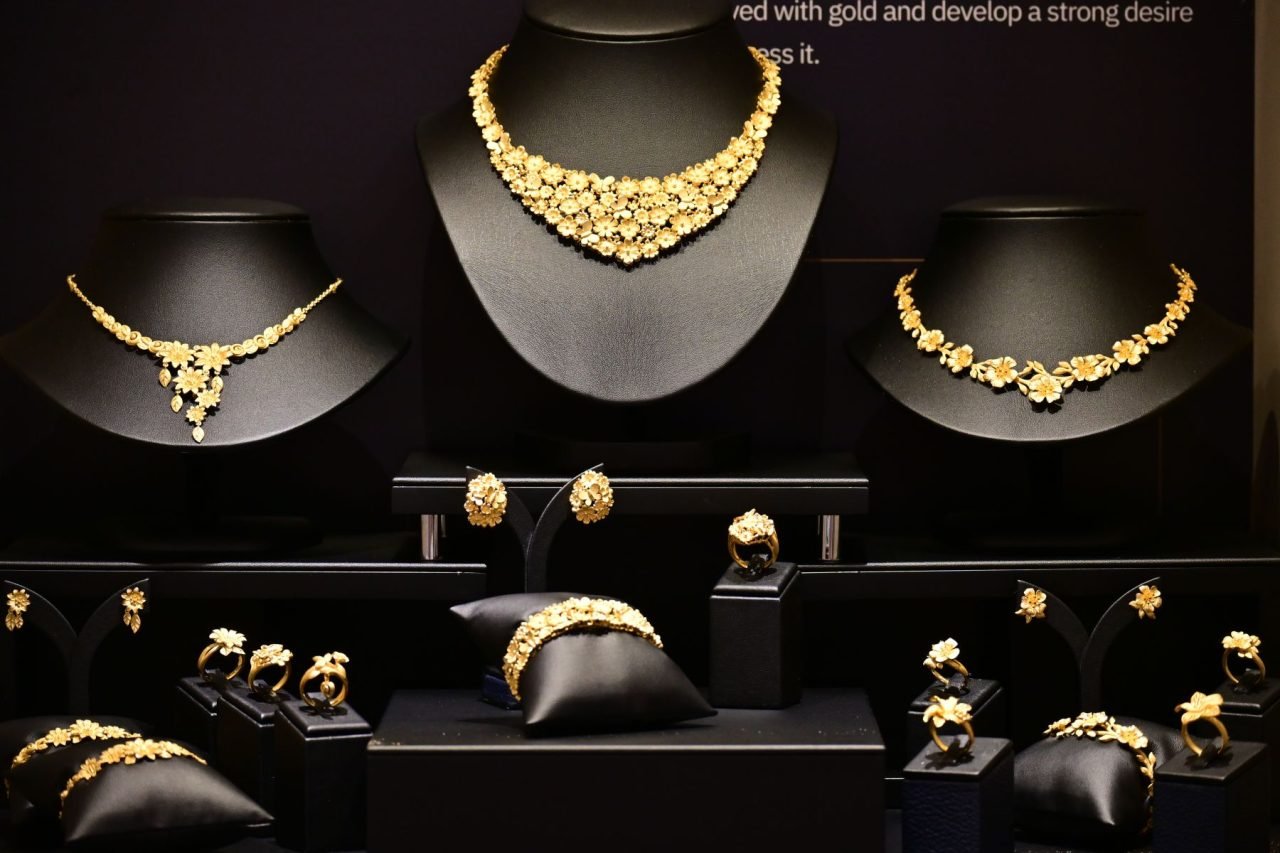GIT unveils plan to elevate Thailand’s gem and jewellery industry through sustainability
Advancing good governance, transparency, and traceability to capture a share of the US$366 billion global market

The Gem and Jewellery Institute of Thailand, or GIT, unveiled its plan to accelerate the adoption of sustainability standards aimed at strengthening Thailand’s gem and jewellery industry.
The initiative promotes good governance, transparency, and traceability across the supply chain, establishing international benchmarks that build confidence among global buyers and leading brands.
The move aligns with the expanding global gem and jewellery market, valued at more than 11 trillion Thai baht, and responds to the growing sustainability trend that is reshaping consumer demand and trade practices worldwide.
The plan is designed to help Thai entrepreneurs capture a larger share of this market by aligning with verified sustainable standards.
A global shift to sustainability as the new competitive edge
According to a report by McKinsey & Company, sustainability factors now influence 20% to 30% of global jewellery sales, reflecting a shift in consumer behaviour. Today’s buyers look beyond beauty and craftsmanship to the origin of materials, environmental impact, and human rights practices throughout production.
As a result, international standards such as the Responsible Jewellery Council (RJC) have become vital trade passports for access to major markets.
In this landscape, GIT is proactively supporting Thai jewellery businesses, especially SMEs, to align with international standards, strengthening consumer and partner confidence to meet these globally recognised benchmarks while enhancing the competitiveness of Thai enterprises in the global marketplace.
Recognising this shift, Sumed Prasongpongchai, Director General of GIT, stated…
“Thailand’s craftsmanship and design excellence are already world-class. What will truly unlock the potential of our entrepreneurs to compete globally are trusted standards encompassing responsible sourcing, fair labour, safety, and environmental protection.
The global gem and jewellery market is worth US$366.79 billion in 2024, and consumer behaviour is shifting rapidly from aesthetics and emotion toward transparency and good governance. Sumed considers this shift as having the potential to define competitiveness within the industry.
“Standards are not just tools for ensuring trust throughout the supply chain; they are entry passes to international partnerships. GIT’s mission is to guide Thai entrepreneurs, particularly SMEs, toward Sustainability Standards under the GIT Standard framework, preparing them to meet global benchmarks.
“By turning product quality into traceable credibility, Thai businesses can achieve stronger and more sustainable growth both domestically and globally.”

GIT’s three-pillar framework for global-standard transformation
GIT has developed a systematic framework to elevate Thailand’s gem and jewellery industry through full value-chain integration from raw material sourcing to international trade.
Anchored on three interlinked operational pillars, the framework provides a clear and practical roadmap for sustainable industry advancement and global recognition.
1. GIT standard for laboratories (Building trust and credibility)
This standard enhances the testing, analysis, and certification processes to ensure that every piece originating from Thailand is not only crafted with exceptional skill but also comes with a clear, traceable origin story that meets internationally recognised standards.
2. Due diligence and traceability for entrepreneurs (Strengthening corporate governance)
Building robust internal governance covering fair labour practices, workplace safety, transparent record-keeping, and material traceability. These elements create a foundation of trust among domestic and international buyers, including tourists and neighbouring markets increasingly attuned to ethical sourcing.
3. International standard readiness (Supporting export competitiveness)
Through training and incubation programmes, GIT equips entrepreneurs to comply with international frameworks such as the RJC Code of Practices and Chain-of-Custody Guidelines, which cover critical areas including human rights, responsible sourcing, environmental management, and occupational safety, which is essential for global market access.
This integrated structure enables to creation of greater opportunities for Thai businesses, particularly SMEs, to connect with responsible global partners, elevate product and brand value, as well as reduce long-term regulatory or reputational risks linked to labour or environmental issues. This is particularly crucial in contributing to the overall sustainability of Thailand’s gem and jewellery industry.
Expanding nationwide through 2026
GIT plans to extend its sustainability standards initiative through 2026 in collaboration with industry partners and government agencies. The expansion aims to institutionalise structural standards across the entire value chain from manufacturers and factories to laboratories and domestic retailers, ensuring consistency and accountability at every level.
In parallel, GIT will provide advisory support to entrepreneurs seeking to assess operational gaps and develop improvement plans that align with international partner expectations.
Press release
Latest Thailand News
Follow The Thaiger on Google News:


























